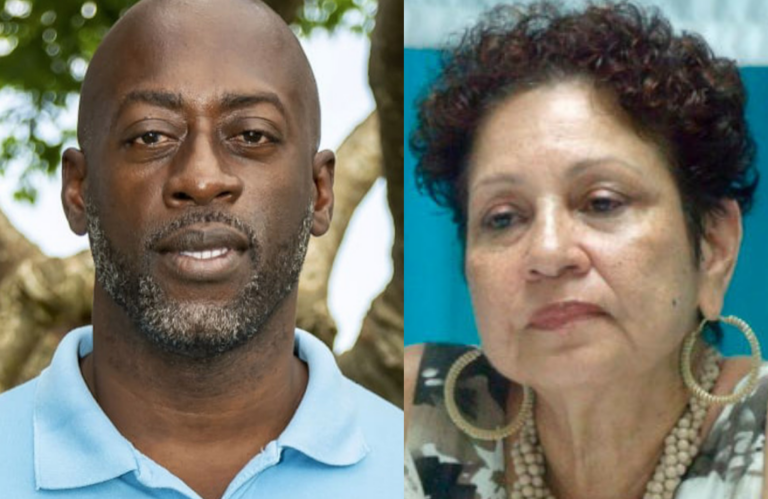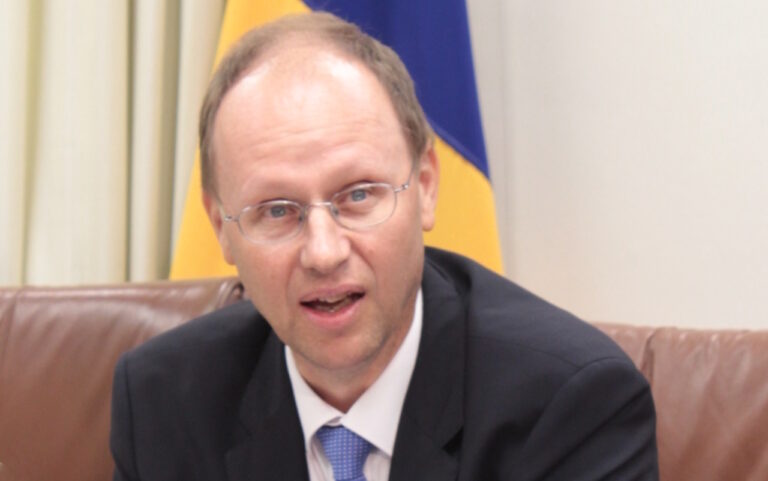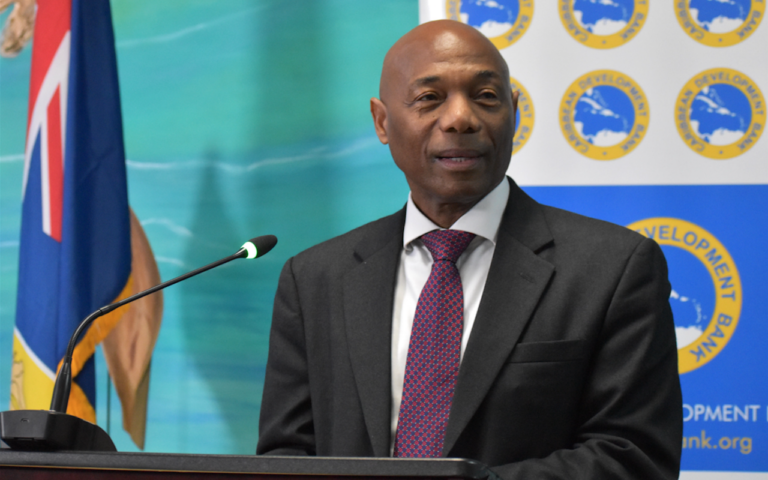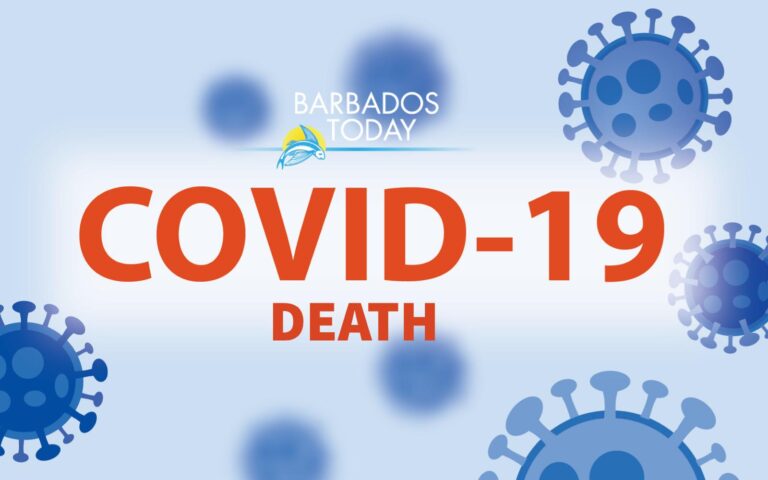
A visiting International Monetary Fund (IMF) team, on island this week for the Seventh Extended Fund Facility (EFF) Review, has been assured that Government, despite battling the economic fall-out from COVID-19, had achieved several macro-economic benchmarks.
Minister in the Ministry of Finance and Economic Affairs, Ryan Straughn, along with other government officials, met with the IMF team on Monday, to provide an update on the island’s performance, despite threats from external sources.
Acknowledging that adjustments had to be made to the EFF, due to the COVID-19 pandemic, Minister Straughn insisted that Government was still “very committed to seeing the reform efforts through”.
“We have responded to a number of social pressures, which have eased somewhat, but we still need to continue some aspects of social spending until all of the population can see an ease in their living circumstances,” he pointed out.
Based on the agreed targets on both sides, Mr. Straughn said he is confident that as the pandemic and the crisis in Ukraine rage on, the execution of government’s capital works programme and private sector investments coming on stream will provide a much needed boost to the economy.
“The Prime Minister is a very strong advocate, as you know, with respect to finding a different trajectory to the debt that has accumulated specifically for COVID-19. We continue to make those arguments with all the multilateral institutions. We believe that in order for us to be able to respond to climate adaptations and other issues, you will need to ensure that the appropriate fiscal space is available so as not to inhibit the normal development trajectory of the country,” the Minister insisted.
Cognisant that the challenges had become greater since entering the programme, Mr. Straughn added: “As we exit the programme now, obviously we have to recognise that we are in a different space, and therefore, I think that as we seek to respond to our own climate adaptation needs, that we are able to look at a suite of potential financial options in order to allow not just Barbados, but certainly, the rest of the region to fully recover from the threat of COVID-19.”
Meanwhile, the IMF’s Mission Chief for Barbados, Bert van Selm, said the team was delighted to be back in Barbados after more than two years of meeting virtually.
Mr. van Selm used the opportunity to inform the meeting of the proposed visit of the Managing Director of the IMF next month to give Barbados’ assessment, instead of issuing a press release at the end of this visit.
“So first, we will do the seventh review and then of course we have a very important step in between; we now have this visit of the Managing Director that is planned for mid-June and that is of course a great opportunity to sort of highlight and celebrate the success of four years of economic reforms….
“For the Managing Director to come here to Barbados and use her weight to bring that message, saying that everything is fine, has much more impact.”
Mr. van Selm noted that with the global increases, especially in fuel prices, there would be discussions on the macro framework and what other policies would be put in place to shield the populace.
While on island, the IMF Mission Chief will receive updates on Barbados’ renewable energy thrust; engage in talks with government and the private sector on a range of issues, including renewable energy, the financial sector and the NIS.
On Friday, May 13, Prime Minister Mia Amor Mottley is expected to participate in the wrap-up meeting. (BGIS)
The post Government & IMF Team discuss 7th EFF Review appeared first on Barbados Today.



















